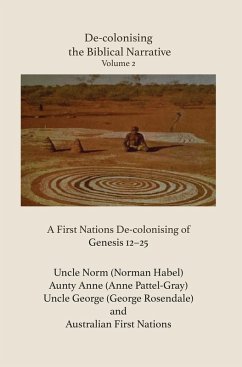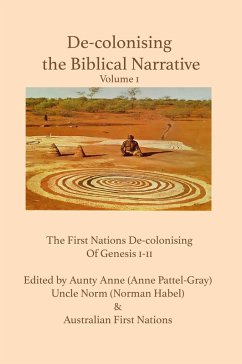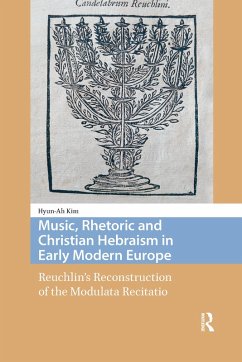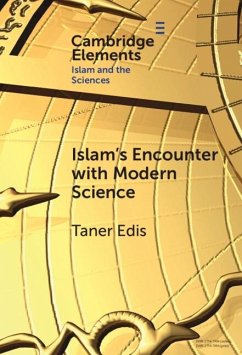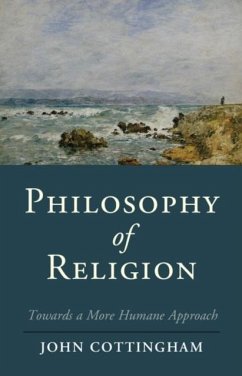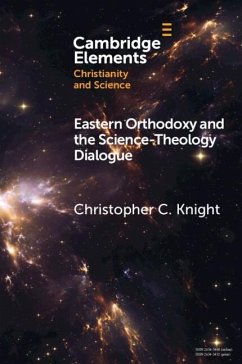
Narrative, Religion and Science (eBook, PDF)
Fundamentalism versus Irony, 1700-1999

PAYBACK Punkte
13 °P sammeln!
An increasing number of contemporary scientists, philosophers and theologians downplay their professional authority and describe their work as simply 'telling stories about the world'. If this is so, Stephen Prickett argues, literary criticism can (and should) be applied to all these fields. Such new-found modesty is not necessarily postmodernist scepticism towards all grand narratives, but it often conceals a widespread confusion and naivety about what 'telling stories', 'description' or 'narrative', actually involves. While postmodernists define 'narrative' in opposition to the experimental ...
An increasing number of contemporary scientists, philosophers and theologians downplay their professional authority and describe their work as simply 'telling stories about the world'. If this is so, Stephen Prickett argues, literary criticism can (and should) be applied to all these fields. Such new-found modesty is not necessarily postmodernist scepticism towards all grand narratives, but it often conceals a widespread confusion and naivety about what 'telling stories', 'description' or 'narrative', actually involves. While postmodernists define 'narrative' in opposition to the experimental 'knowledge' of science (Lyotard), some scientists insist that science is itself story-telling (Gould); certain philosophers and theologians even see all knowledge simply as stories created by language (Rorty; Cupitt). Yet story telling is neither innocent nor empty-handed. Prickett argues that since the eighteenth century there have been only two possible ways of understanding the world: the fundamentalist, and the ironic.
Dieser Download kann aus rechtlichen Gründen nur mit Rechnungsadresse in A, B, BG, CY, CZ, D, DK, EW, E, FIN, F, GR, HR, H, IRL, I, LT, L, LR, M, NL, PL, P, R, S, SLO, SK ausgeliefert werden.




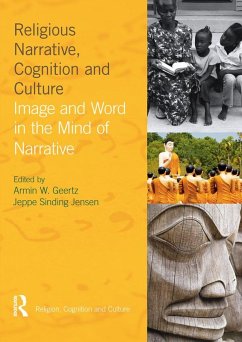
![Presupposition and [E]motion (eBook, PDF) Cover Presupposition and [E]motion (eBook, PDF)](https://bilder.buecher.de/produkte/68/68467/68467497n.jpg)
